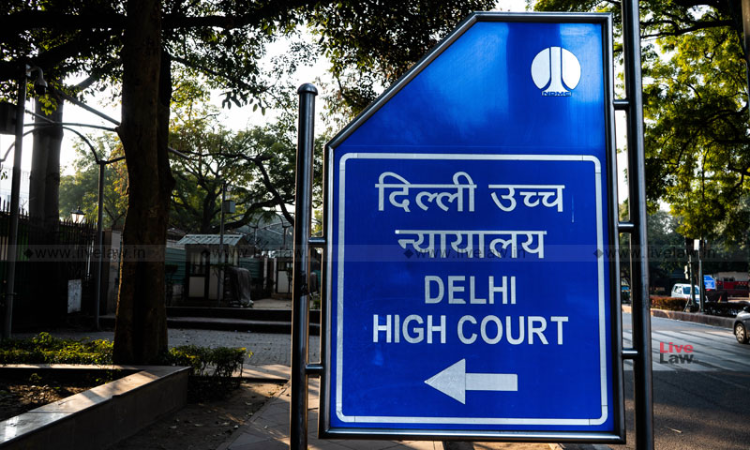The Delhi High Court on Monday held that issuance of a legal notice and filing of a complaint case against a person is not abetment of suicide within the meaning of sec. 306 of Indian Penal Code.Observing that filing of a criminal complaint is a legal recourse as advised to a person, Justice Manoj Kumar Ohri said:"It cannot be said that by filing a criminal complaint against the deceased,...

